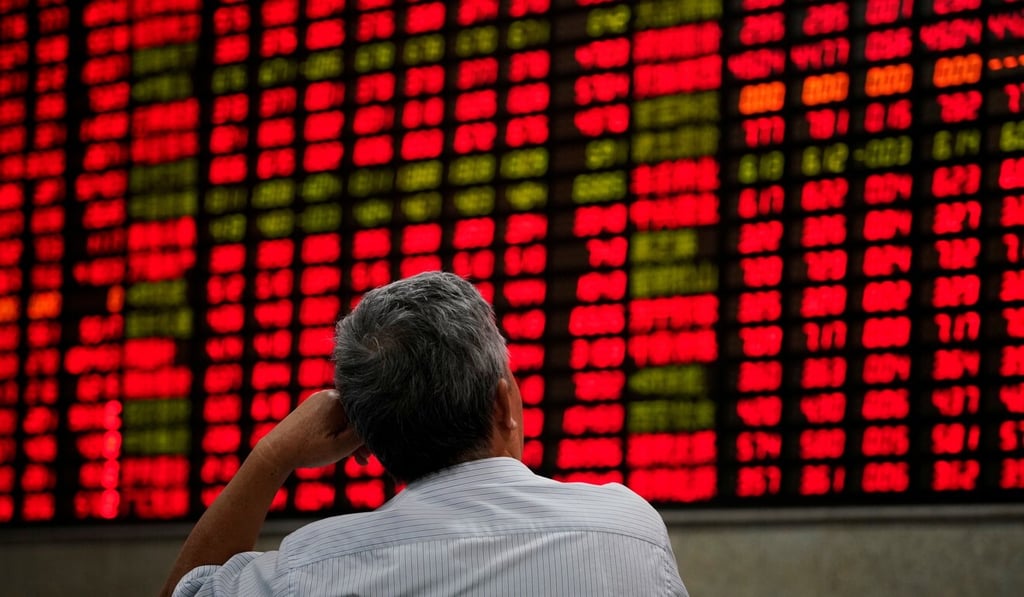Editorial | Greater exposure by MPF to mainland markets makes sense
- Rule change that allows managers to invest in A shares should be welcomed with the Shanghai and Shenzhen exchanges doing so well, particularly if fees are low

As China works to liberalise its capital markets, it makes sense for Hong Kong regulators to allow Mandatory Provident Fund managers to invest in mainland A shares.
The rule change, effective immediately, means adding the Shanghai and Shenzhen bourses to a list of approved exchanges for the MPF – a pot worth more than HK$1 trillion (US$129 billion) – to invest in, besides the 42 current overseas exchanges such as the New York Stock Exchange, the London Stock Exchange and the bourses in South Korea, Ireland and Mexico.
But while fund managers and MPF account holders can now gain greater exposure to the booming mainland stock markets, it also means they are exposed to more risk, as mainland stocks tend to be more volatile and do not always reflect the broader Chinese economy. This is despite the recent outperformance of the mainland markets.
The Shanghai Composite Index has climbed 10 per cent and is one of the world’s top 10 winners this year, while the Shenzhen Component Index surged by a third this year, compared to a 6 per cent fall in the Hang Seng Index.

To diversify the risk, it makes sense that the Mandatory Provident Fund Schemes Authority has declared its preference for fund managers to allocate more to A shares from their existing funds rather than starting single-country funds based on those shares.
